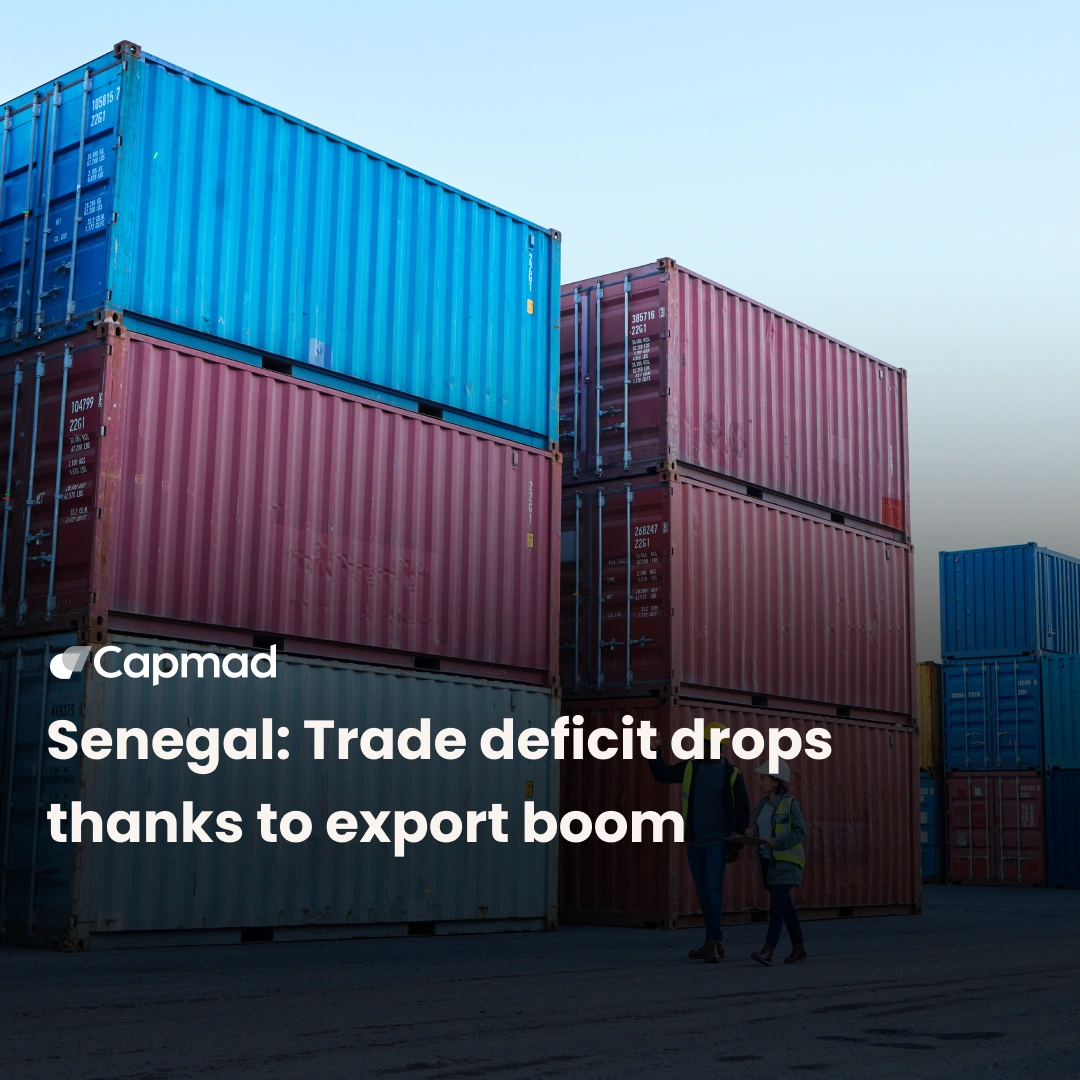From June 10 to 12, 2025, Abidjan, the economic capital of Côte d’Ivoire, will host a regional workshop on sovereign credit ratings in West Africa.
Issues related to sovereign risk assessment
Organized by the United Nations Development Program (UNDP) in partnership with several international institutions and the Ivorian government, this meeting brings together government representatives, rating agencies, financial institutions, and technical partners to discuss the challenges related to sovereign risk assessment on the continent.
At the opening, the Deputy Chief of Staff of the Ivorian Ministry of Finance, Vassogbo Bamba, emphasized that sovereign credit ratings directly influence access to financial markets, the cost of borrowing, and the perception of country risk. He noted that many African economies, including Côte d’Ivoire, are subject to ratings that are often deemed too low, resulting in additional borrowing costs estimated at more than 75 billion USD over the past decade. These additional costs represent resources that could have been invested in key sectors such as education, health or infrastructure.
Dialogue between the various partie
Côte d’Ivoire, the workshop’s host, was praised for its structural reforms, which enabled it to improve its sovereign ratings from major international agencies: Moody’s (Ba2, stable outlook), Standard & Poor’s (BB, stable outlook), and Fitch Ratings (BB-, stable outlook). Despite this progress, the country remains classified as a speculative investment, a positioning that does not fully reflect its economic potential.
Blerta Cela, UNDP Resident Representative in Côte d’Ivoire, emphasized the need for strengthened dialogue between African countries and rating agencies, as well as the importance of greater budget transparency and financial innovations such as green bonds and diaspora bonds. She reiterated that “a poor credit rating is more than a score: it is a cost for our citizens.” The workshop also aims to strengthen the capacities of West African states to engage effectively with rating agencies, harmonize regional approaches and build a united African voice to demand greater fairness and transparency in assessment methodologies.
Strengthening the capacities of states
Furthermore, in this context, Africa is preparing to launch its own rating agency, the African Credit Rating Agency (AfCRA), by September 2025. This agency aims to better reflect the continent’s regional and socioeconomic specificities, thus offering an alternative to large international agencies, which are often criticized for their lack of understanding of African realities.
This continental initiative, coupled with the discussions held in Abidjan, marks an important step towards better recognition of the creditworthiness of African countries and more equitable access to international financing, an essential condition for the region’s sustainable economic transformation.






